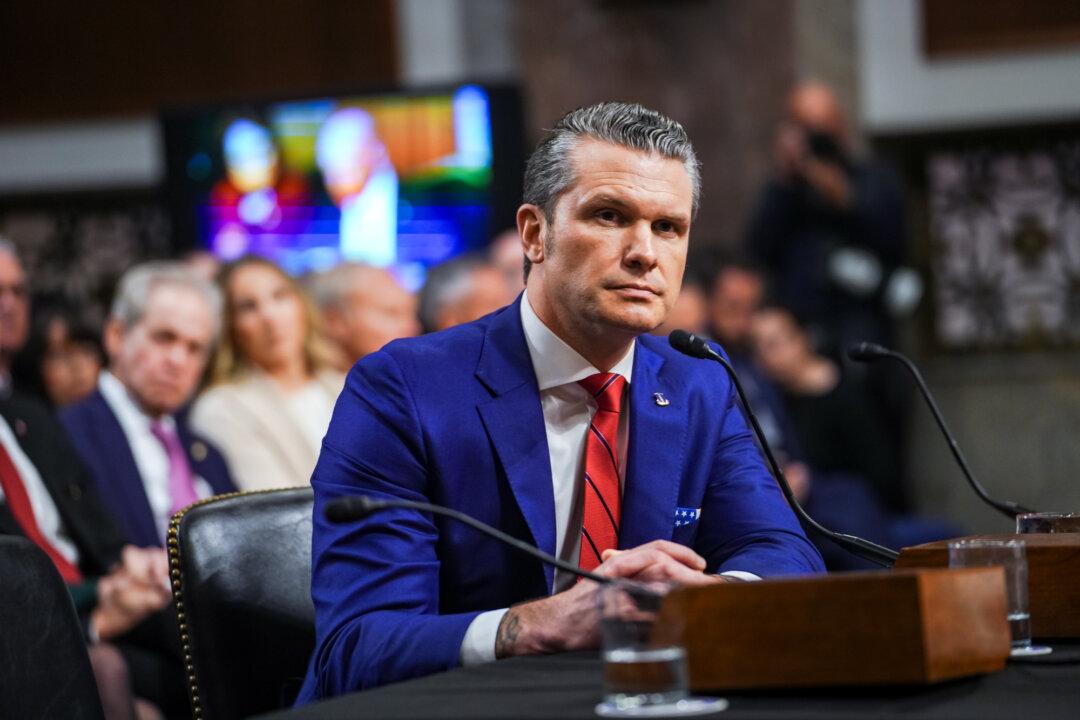The Senate confirmed Pete Hegseth as the new secretary of defense in a late-night session on Jan. 24 that came down to a tie-breaking decision from Vice President JD Vance after Sen. Mitch McConnell (R-Ky.) voted no.
President Donald Trump’s nominee initially deadlocked in a 50-50 vote, capping off a contentious confirmation process in which Hegseth faced questions about his views on women serving in combat, as well as allegations of alcoholism, sexual assault, and financial mismanagement at two veteran nonprofit organizations.






